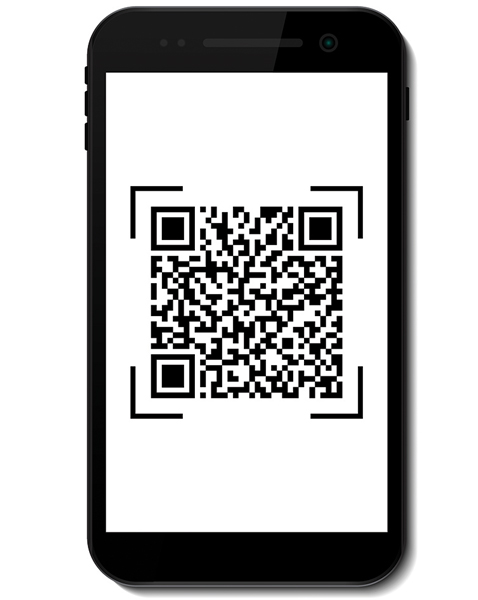Growing safer using technology

Herring Gas Co. places QR codes on its annual duty-to-warn safety mailings where customers can view the information online. (Photo: Mariia Reshetniak/iStock / Getty Images Plus/Getty Images)
The propane industry has fully embraced technology. I never thought I would say that.
In 2000, just about everything was communicated and documented using paper. Certified Employee Training Program e-learning? Forget about it. Tank monitors, smartphones, tablets, QR codes, the internet? What are those?
Today, you cannot compete without technology.
Your fellow propane professionals use technology to grow their businesses, increase efficiencies and reduce safety incidents. Do you?
“I believe that as technology evolves, the energy industry will become safer,” says Amy Daveler, Mid-Atlantic regional sales manager at ValvTect Petroleum Products. “Tank monitors are an excellent example of real-time information that reduces unnecessary delivery trips. Anytime you reduce the time a driver must get out of his truck, pull the hose and fill a tank, you minimize the risk of injury. In addition, monitoring systems that send information to phones and tablets are game changers for a company using them.”
Smart mobile is king
Not too long ago, propane professionals had to rely on written notes, handbooks, pagers and telephones to communicate to one another. This was not only time-consuming but often led to inaccurate information and costly mistakes. Times have changed.
“Over just the past few years, we have seen a dramatic increase by propane professionals using our smart mobile technology services in the field to reduce risk while creating cost-effective efficiencies,” says Brian J. Peters, regional vice president of P3 Propane Safety. “It really ensures that everyone is speaking the same and correct safety language across the board.”
Democratizing tech
According to USA Today, in 2000, the average cost of a computer was about $3,090 – $4,500 in today’s dollars. Today, it’s possible to buy a laptop for $500. In addition, software and internet technologies have become more intuitive and easy to use.
With this democracy of technology, smaller propane companies can compete with larger ones on a more level playing field.
Matt Holt, director of IT at family-owned Herring Gas Co., has long embraced technology that has dramatically increased efficiencies while reducing incidents.
“We want to do everything possible to educate the customer on how to use propane safely, and what to do if they suspect a leak,” says Holt. “A primary goal with all safety messaging is for it to be quickly and easily accessible by our customers in various formats. That’s why we place QR codes on our annual duty-to-warn safety mailings where customers can view the information online. Printed material is often lost or filed. That is where digital messaging can really shine because the internet is where people go when they have a question.”
Necessity is the mother of invention. That well-known phrase fits today’s pandemic challenges, which have forced us to use technologies that we may never have tried otherwise.
“Technology has been a lifesaver for Hawaii Gas during COVID,” says Zoe Williams, environment, health and safety manager at Hawaii Gas. “We have 350 employees spread across six islands. We could not jump on a plane to do training, and we had to limit class sizes due to social distancing. None of us knew how to use Zoom or Teams two years ago; now, we’re experts. The ability to do safety training via webinar was priceless.”
Stuart Flatow spent 18 years as the Propane Education & Research Council’s vice president of safety and training before stepping down in February 2019.
NOTE: The opinions and viewpoints expressed herein are solely the author’s and should in no way be interpreted as those of LP Gas magazine or any of its staff members.
















